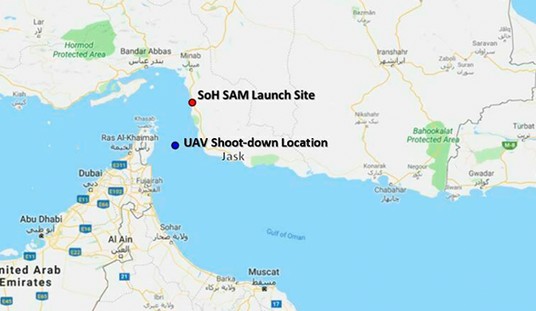Since we’re apparently going to be examining every other aspect of immigration policy over the course of this election, we may as well toss this log on the fire as well. The Washington Post examines a specific class of US residents who don’t get very much attention in this debate, and while it doesn’t apply to a huge swath of the population, it’s causing some problems all the same. We’re talking about people who were born in other nations but adopted by American parents. If their new family doesn’t take care of all the paperwork to make them citizens as part of the adoption process while they are still young children, what becomes of them as adults?
At basketball games at his Oregon high school, Justin Ki Hong, an adoptee from South Korea, remembers putting his hand over his heart and singing the national anthem, proud to be a citizen of the United States.
It wasn’t until he applied for a job years later that Ki Hong learned he had never been a citizen at all.
The employer asked for proof of citizenship, and Ki Hong’s Social Security number and driver’s license, which had worked when applying for college financial aid, were suddenly insufficient. He soon learned that his American parents had never filled out the paperwork to naturalize him after bringing him to the United States in 1985.
Now it was too late. Not only that, but Ki Hong is potentially deportable — to a country he doesn’t remember.
Ki Hong’s situation clearly doesn’t apply to all international adoptees. Since the passage of the Child Citizenship Act of 2000 the confirmation of citizenship for the child after adoption has been essentially automatic and it was retroactively applied to almost everyone under the age of 18 when it was passed. Unfortunately, if you were already 18 when the legislation went into effect you weren’t covered. There are tens of thousands of US residents in this category according to the federal government.
So we’ve identified a problem and it’s time to come up with a solution. This one should be easy, right? Ha! If you think anything involving immigration and citizenship is going to go smoothly these days, think again. I suppose one possible solution is to amend the law to remove the 18 year old maximum for adoptees and make the rest of them retroactive, but the entire process is fairly complicated before we even get to the question of who should qualify. The law in question specifies the requirements for children who are to receive automatic citizenship and in the case of adoptees (rather than children who have one American parent but who are born abroad) they have to meet the requirements of section 101(b)(1) of the Immigration and Naturalization Act. (If you want to give yourself a headache, go read through that maze of legalize.)
Either way, the definition of who qualifies as a “child” for these purposes ranges in age up to either 14 or even 17 depending on the circumstances. Not to put too fine of a point on it here, but by the time young males reach that age range they can be well on their way to fully formed adult attributes. We’ve seen kids younger than 14 going to war all over the world. Do we want to simply rubber stamp each and every one of them as citizens if they happen to find a family to adopt them?
None of these questions should apply to Ki Hong in the story above, but I’m simply pointing out that the solution probably isn’t as simple as some are making it sound.









Join the conversation as a VIP Member